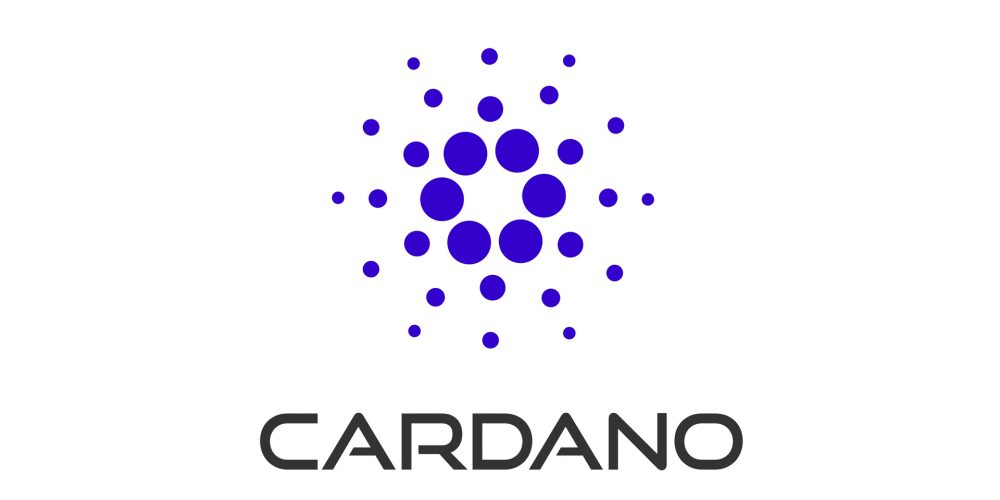- Cardano is attempting to make its blockchain interoperable in order to compete with Ethereum’s decentralized finance [DeFi] ecosystem
- According to the press release, In other words, Milkomeda will allow the deployment of sidechains that connect directly to the mainchain and utilize wADA (wrapped ADA) as the asset to pay for transaction fees as an example for Cardano
- The Ethereum surge in late 2020 was fueled by the DeFi explosion. However, getting there took a long time. Even if Cardano is successful in deploying smart contracts on its network, it will take time for them to perform properly
Cardano is attempting to make its blockchain interoperable in order to compete with Ethereum’s decentralized finance [DeFi] ecosystem. Following in the footsteps of ADA, its native cryptocurrency, Cardano is now working with dcSpark, a product-based DLT business, to achieve its DeFi goals. dcSpark revealed intentions to create Milkomeda, a unique sidechain initiative that would help non-EVM [Ethereum Virtual Machine] cryptocurrencies achieve and sustain broad acceptance, on Wednesday. The protocol will be deployed on Cardano, as well as other non-EVM chains such as Solana and Polkadot, according to the press announcement. This will allow wrapped assets to be used to pay transaction costs.
According to the press release, In other words, Milkomeda will allow the deployment of sidechains that connect directly to the mainchain and utilize wADA (wrapped ADA) as the asset to pay for transaction fees as an example for Cardano. Developers and consumers will be able to communicate and create on the Cardano blockchain, which is what the team has been aiming towards. The blockchain is preparing to launch smart contract capabilities on the mainnet in September, which has boosted the market value of its ADA currency. Milkomeda will also offer EVM compatibility to the Cardano ecosystem, which is also on the Cardano roadmap.
According to the press release, The EVM-based sidechain that will connect directly to Cardano will be known as M1, and it will be the first Milkomeda as well as the first Cardano sidechain. It will be built on top of WADA, with Milkomeda validators chosen from current stake pool operators and other trustworthy institutions in the ecosystem to operate the sidechain. Ethereum has cemented its position as the de facto blockchain for DeFi protocols. However, high gas prices and congestion have discouraged many customers, prompting some to abandon ships. Cardano might fill the gap left by Ethereum during periods of heavy activity if it can offer low costs and safe alternatives to consumers. This might result in a noticeable change in DeFi momentum.
The Ethereum surge in late 2020 was fueled by the DeFi explosion. However, getting there took a long time. Even if Cardano is successful in deploying smart contracts on its network, it will take time for them to perform properly. Furthermore, the accompanying figure should be considered, as it highlights the rising demand for Synthetix’s synthetic assets. However, it also means that early participants can still earn a piece of the DeFi pie.

With a background in journalism, Ritika Sharma has worked with many reputed media firms focusing on general news such as politics and crime. She joined The Coin Republic as a reporter for crypto, and found a great passion for cryptocurrency, Web3, NFTs and other digital assets. She spends a lot of time researching and delving deeper into these concepts around the clock, and is a strong advocate for women in STEM.


 Home
Home News
News








